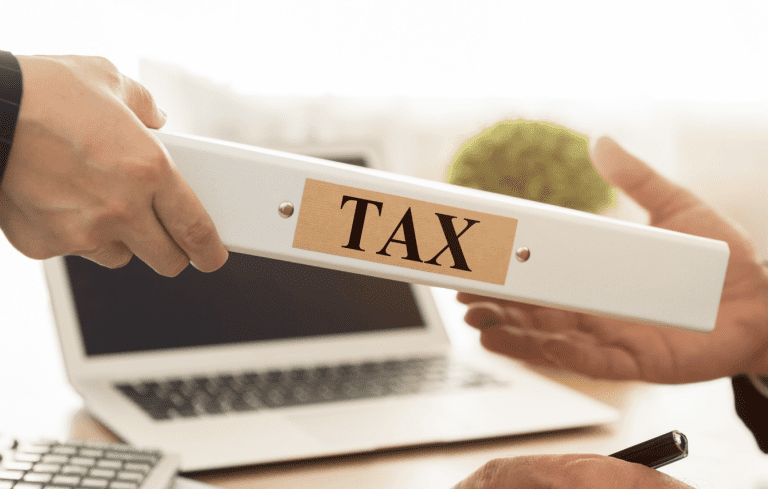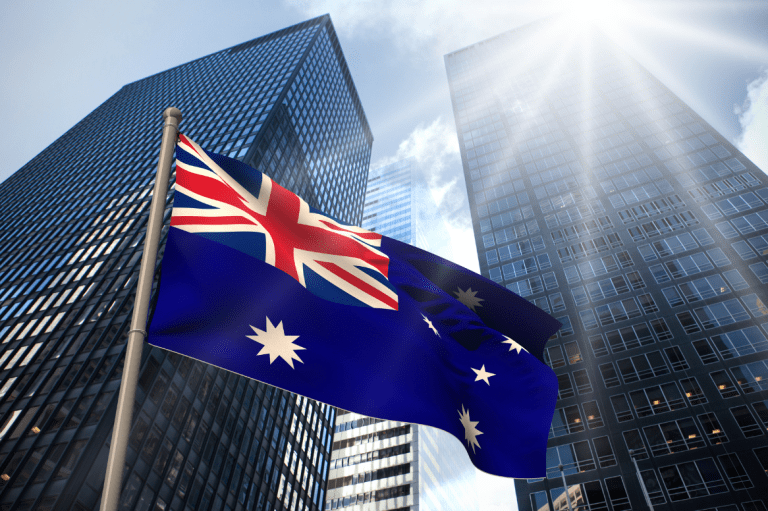Safe Harbour protection measures from insolvency finished on 31 December 2020 – so what are your options now?
The Covid-19 pandemic has prompted an overwhelming surge of legislation in parliament designed to stimulate, support, and protect businesses, including accountants in Sydney.
One piece of that legislation temporarily protected directors by relieving them of liability for insolvent trading during the “Covid- 19 Safe Harbour” period (25 March 2020 to 31 December 2020).
Now that this temporary protection has lapsed, you must look at your business to confirm the plan as we advance. While no one wants to be pessimistic about their business’s prospects, it is prudent to protect your position as a director should trading not be going as hoped.
The essential things to be aware of from the original legislation were:
- To qualify for the Covid Safe Harbour protection, the debts must have been incurred:
- In the ordinary course of the company’s business.
- During the relief period from 25 March 2020 to 31 December 2020.
- Before any appointment (during this period) of an administrator or liquidator, the words “during this period” caused some interpretation issues about the timing of the required appointment of the administrator or liquidator. Still, as we are now past 31 December 2020, this interpretation is now irrelevant.
Now the Safe Harbour period is finished, directors should act now and determine whether:
- There are reasonable expectations that their company can continue to trade in the ordinary business and meet its debts as and when they fall due, or…
- Determine whether one of the other more limited forms of Safe Harbour protection available after 1 January 2021 is required. These include:
- Commence the development of a plan for traditional Safe Harbour protection. This only protects a director in a subsequent insolvency from the plan’s implementation date, not from any debts incurred before that time.
- Appoint an administrator or liquidator now to avoid potential personal liability for company debts incurred during the Covid-19 Safe Harbour protection period.
Directors should review the company’s financial position and consider the best way forward. Directors should be closely reviewing the following:
- Future viability
- Cash needs
- A post Covid-19 business recovery plan
- Financiers, creditors, landlords and other stakeholders support
- The “right size” for the business
- Ongoing Government stimulus and support
Whilst the Covid-19 Safe Harbour period expired on 31 December 2020, the Small Business Insolvency Reform commenced on 1 January 2021. We will discuss these measures in our following newsletter.
If you are in any doubt about the viability and solvency of your company, you should contact us as soon as possible to discuss. With the end of the Covid-19 Safe Harbour period and the start of the Small Business Insolvency Reform, options are available to limit your personal exposure if you act in a timely fashion.
Kreston Stanley Williamson Team
*Correct as of January 2021
Disclaimer – Kreston Stanley Williamson has produced this article to serve its clients and associates. The information contained in the article is of general comment only and is not intended to be advice on any particular matter. Before acting on any areas in this article, you must seek advice about your circumstances. Liability is limited by a scheme approved under professional standards legislation.














